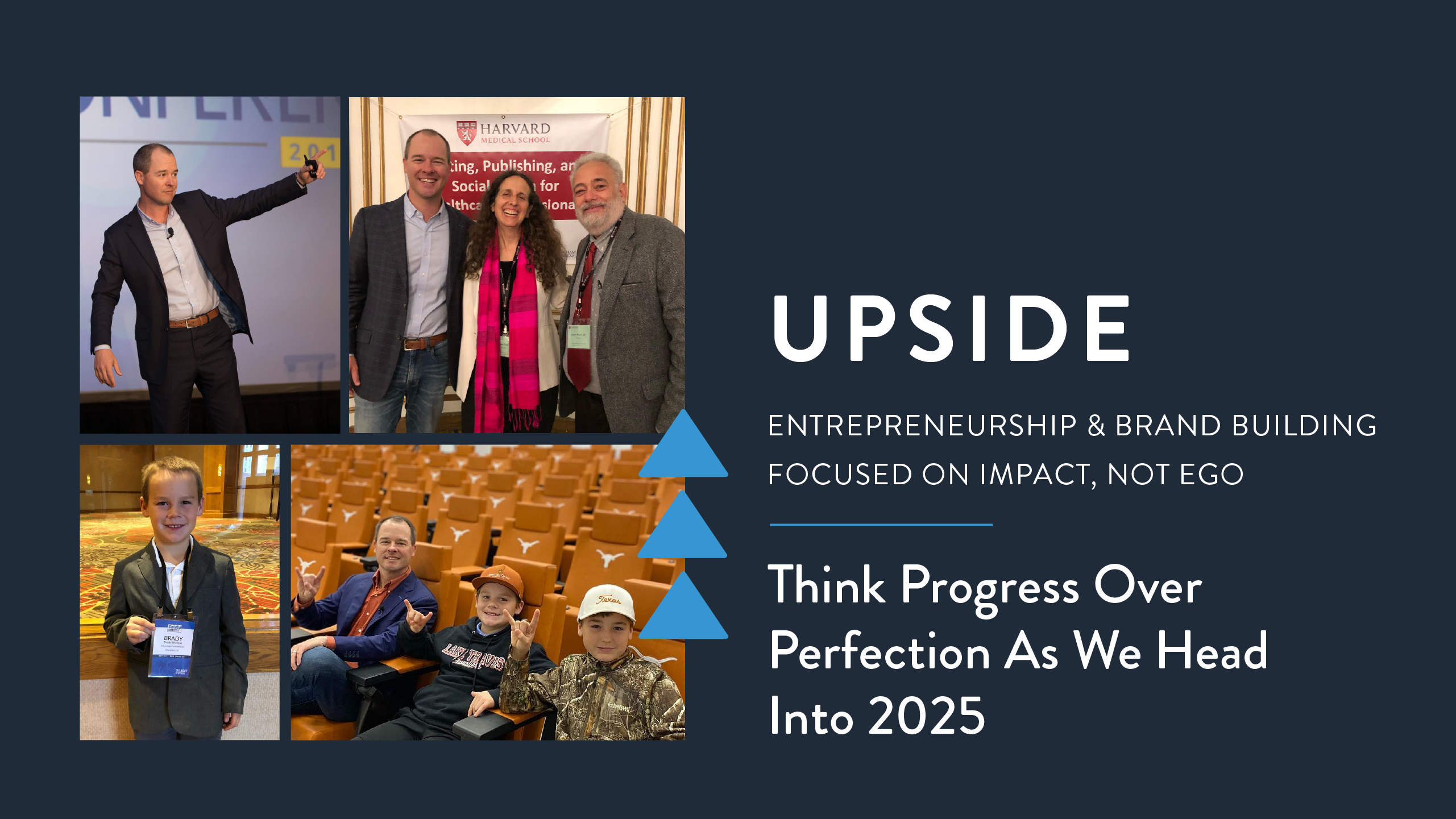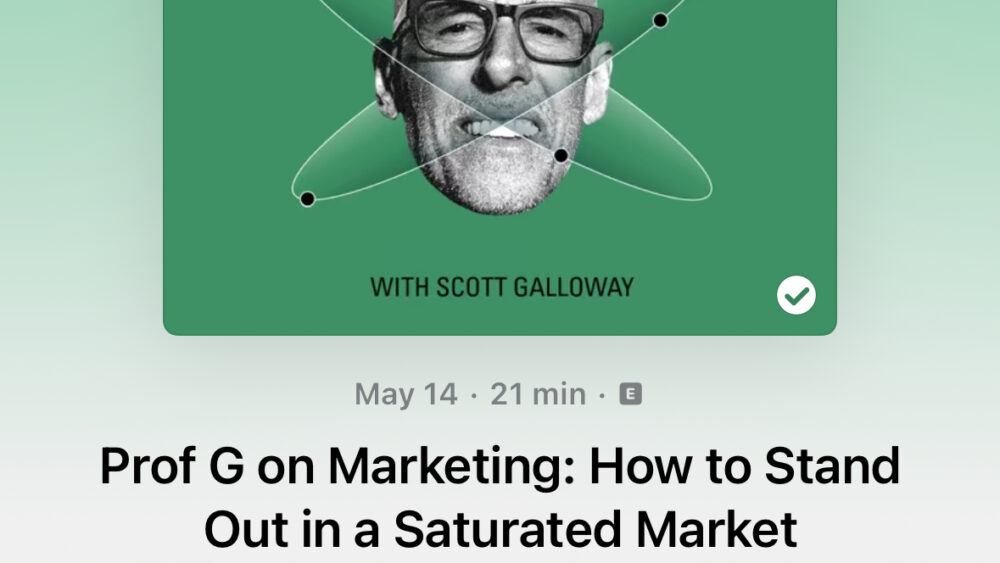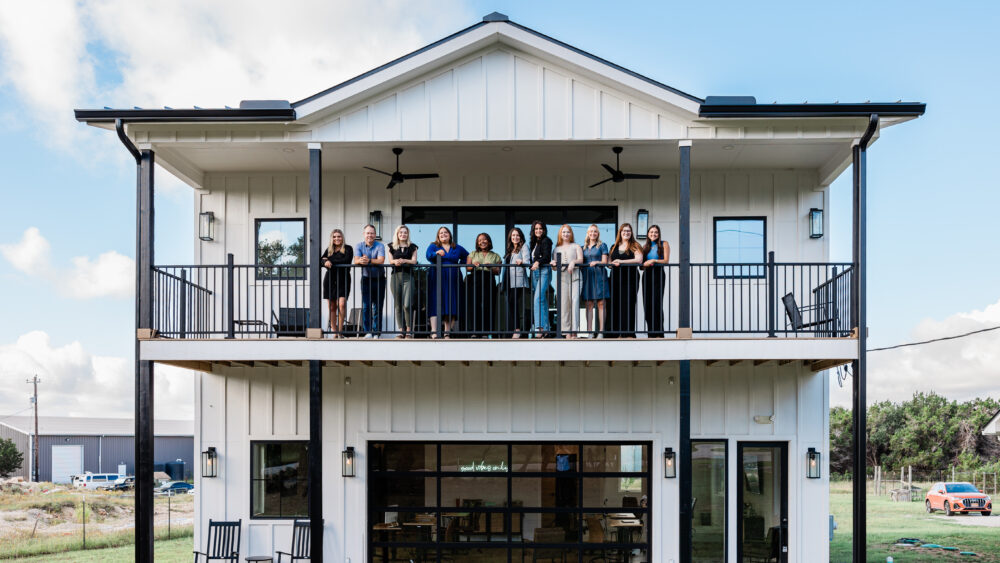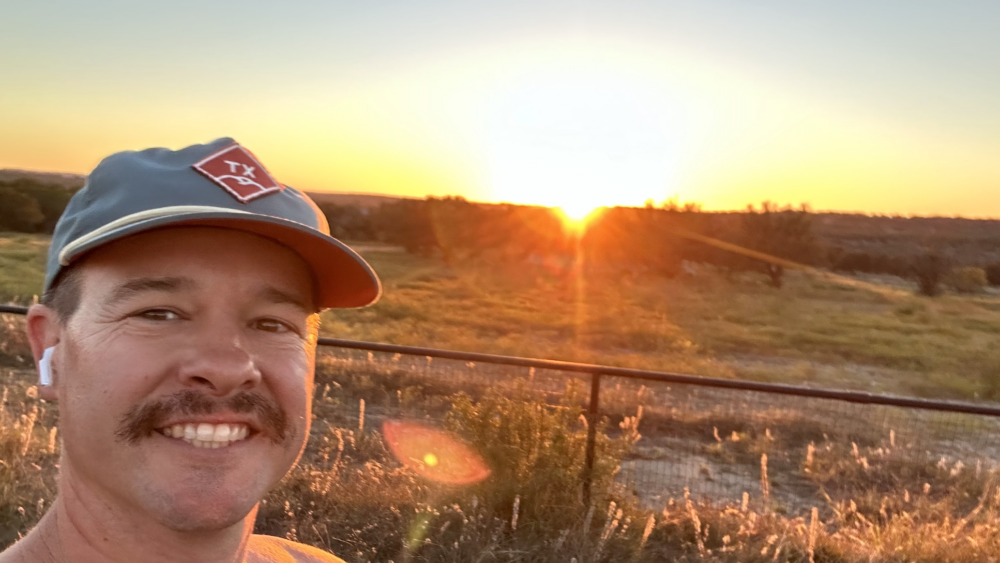What is the one thing that holds many leaders back from trying new things?
Perfectionism.
As leaders, we’re often guilty of the endless pursuit of perfection, particularly when it comes to our own output.
It’s something that drives success in core areas of strength but can also prevent us from venturing out toward things we’re now as experienced with.
Far too often we’re concerned with how it will look to others if we’re not perfect right out of the gate on a new endeavor.
Brené Brown sums it up well: “Perfection is a 20 ton shield that we lug around thinking it will protect us when, in fact, it’s the thing that’s preventing us from taking flight.”
Although leaders across industries are finally waking up to the importance of their own Authority as a driver of business growth, many tip toe into creating content or diving in on social media because of an internal roadblock around what they think the perception from others will be.
Do you fall into this category?
You’re in good company, as many of the world’s biggest thought leaders initially feel the same way.
But what separates those thought leaders from others who remain commoditized due to lack of Authority?
They focused on progress instead of perfection.
They understood their first podcast wasn’t going to be their best.
They realized the first blog they posted might not get a ton of views.
They recognized the first LinkedIn video they shot might be something they laughed at a few months later.
But they dove in with an understanding that if you approach content with the right mindset – one focused not on ego or fame but instead on providing value for your audience – the content you create at scale will do nothing but work in your favor and benefit those around you.
As we look ahead to 2025, if you’re sitting on the fence right now with a tad bit of imposter syndrome holding you back but also with the knowledge in your gut that you need to get rolling on building an audience, I hope this reminder that progress always beats perfection provides a shove in the right direction.
For those who remember this stage, how did you get off the fence and dive in on building an audience?




